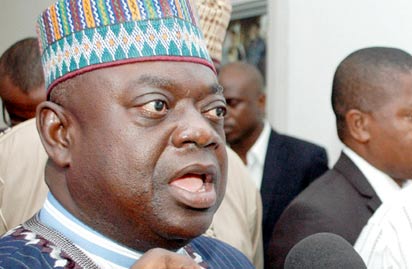The global economy is performing better than expected, despite facing prolonged uncertainty and underwhelming medium-term growth prospects, according to the International Monetary Fund (IMF). Managing Director Kristalina Georgieva stated that the world economy is “doing better than feared, but worse than we need.” The IMF now anticipates global growth to slow only slightly this year and next, supported by improved conditions in the United States and other advanced, emerging market, and developing countries.
Georgieva’s remarks came ahead of the World Bank and IMF’s annual meetings in Washington, where trade is likely to dominate the agenda. The US tariff rate has fallen from 23% in April to 17.5% today, although it remains “far above” the rest of the world. The full effect of these tariffs is still unfolding, and the resilience of the world economy has yet to be fully tested.
To boost lackluster growth prospects, Georgieva called on countries to act swiftly to durably lift output, rebuild fiscal buffers, and address excessive trade imbalances. The IMF’s prescriptions for policymakers differed by region, with Asia urged to deepen its internal trade and strengthen the service sector and access to finance. In Africa, countries were encouraged to promote business-friendly reforms and continue building the Continental Free Trade Area, which could lift their real GDP per capita by over 10%.
Georgieva reserved her harshest criticism for Europe, which has struggled with economic growth in recent years. She called on the European Union to appoint a new “single market czar” to drive reforms and simplify the EU’s structure. The IMF also urged the US to address its federal deficit and incentivize household savings, while China was encouraged to implement fiscal reforms to boost private consumption and reduce dependence on industrial policy to drive growth.
The IMF’s forecast suggests that global growth will remain at roughly 3% over the medium term, below the 3.7% average seen before the COVID-19 pandemic. As the global economy continues to navigate uncertainty, policymakers must take proactive steps to promote sustainable and inclusive growth. The IMF’s annual meetings will provide a critical platform for discussion and cooperation among global leaders to address these challenges and shape the future of the international economy.



